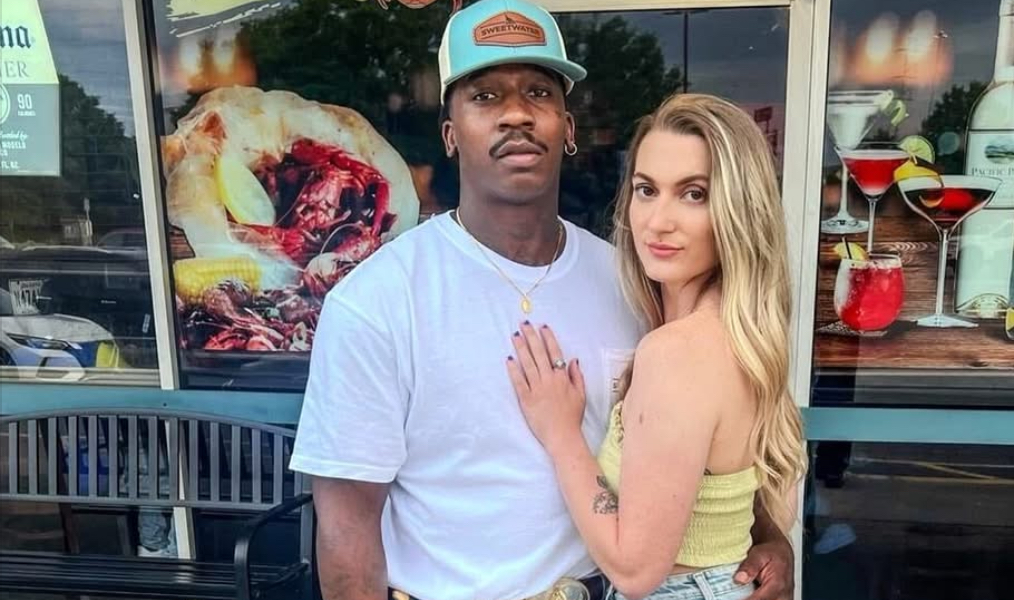Grand Jury Declines to Charge Woman in Burke County Fatal Shooting
BURKE COUNTY, GA – A grand jury has decided not to move forward with charges against Hannah G. Cobb, the woman arrested earlier this year in connection with the fatal shooting of her boyfriend, Telvin Osborne, 30. The decision comes nearly three months after Cobb was taken into custody and charged with felony involuntary manslaughter.
According to District Attorney Jared Williams, a grand jury reviewed the case on April 24 and returned a “no bill”, meaning jurors did not find sufficient cause to indict Cobb. The announcement was made public on Friday, and Williams indicated that the case would be considered closed unless new evidence comes to light.
“As the Grand Jury has spoken, the case is closed,” said Williams in a brief statement.
The Incident
The fatal shooting occurred around 5:45 a.m. on February 23 at a residence on the 800 block of 4 Points Road in Keysville, a rural area of Burke County. Deputies responded to a 911 call reporting a shooting, and when they arrived, they found Telvin Osborne suffering from a gunshot wound. He was pronounced dead at the scene.
According to 911 call recordings, Cobb told dispatchers that she had been either “clearing or cleaning” her firearm when it discharged, striking Osborne. However, as the investigation progressed, Burke County Sheriff Alfonzo Williams stated publicly that there was no credible evidence to support the claim that Cobb had been cleaning the weapon at the time of the shooting.
“There was no mention of gun cleaning in our investigation,” said Sheriff Williams. “Alcohol was involved, and we are not classifying this as an accidental shooting.”
Conflicting Accounts and Legal Proceedings
The circumstances surrounding the shooting quickly became clouded with conflicting accounts. At a March court hearing—Cobb’s first public appearance since her arrest—new versions of the story emerged. Prosecutors and defense attorneys presented diverging narratives, with alcohol use, emotional volatility, and inconsistencies in Cobb’s statements all factoring into the legal debate.
Despite these complexities, the grand jury ultimately decided that the evidence did not support a formal charge of felony involuntary manslaughter.
Cobb’s Release and Legal Status
Prior to the grand jury’s decision, Cobb had been granted bond in the amount of $25,000. As a condition of her release, she was placed on Level 1 electronic monitoring and ordered to surrender all firearms to law enforcement.
With the “no bill” ruling from the grand jury, Cobb is no longer under active criminal prosecution. However, legal experts caution that such a ruling does not permanently bar future charges. If additional evidence emerges or if new testimony is uncovered, prosecutors technically retain the authority to present the case to a grand jury again.
Community Response and Unanswered Questions
The decision has sparked conversation and controversy in the local community. Telvin Osborne’s death leaves behind not only grief, but a number of unresolved questions that may never be fully answered in a court of law. Family members and friends of the deceased have expressed frustration over what they perceive as a lack of justice and closure.
Meanwhile, others point to the challenges of prosecuting cases where intent, substance use, and unreliable witness statements complicate the pursuit of clear accountability.
Moving Forward
For now, the legal process appears to have run its course. District Attorney Jared Williams has signaled that, barring any new developments, his office will respect the grand jury’s decision and not seek further charges against Cobb.
The fatal shooting of Telvin Osborne is a sobering reminder of the dangers associated with firearms, alcohol, and domestic disputes—especially when mixed in moments of heightened emotion. While the courtroom chapter may be closed, the emotional aftermath for those involved is likely to linger far longer.
